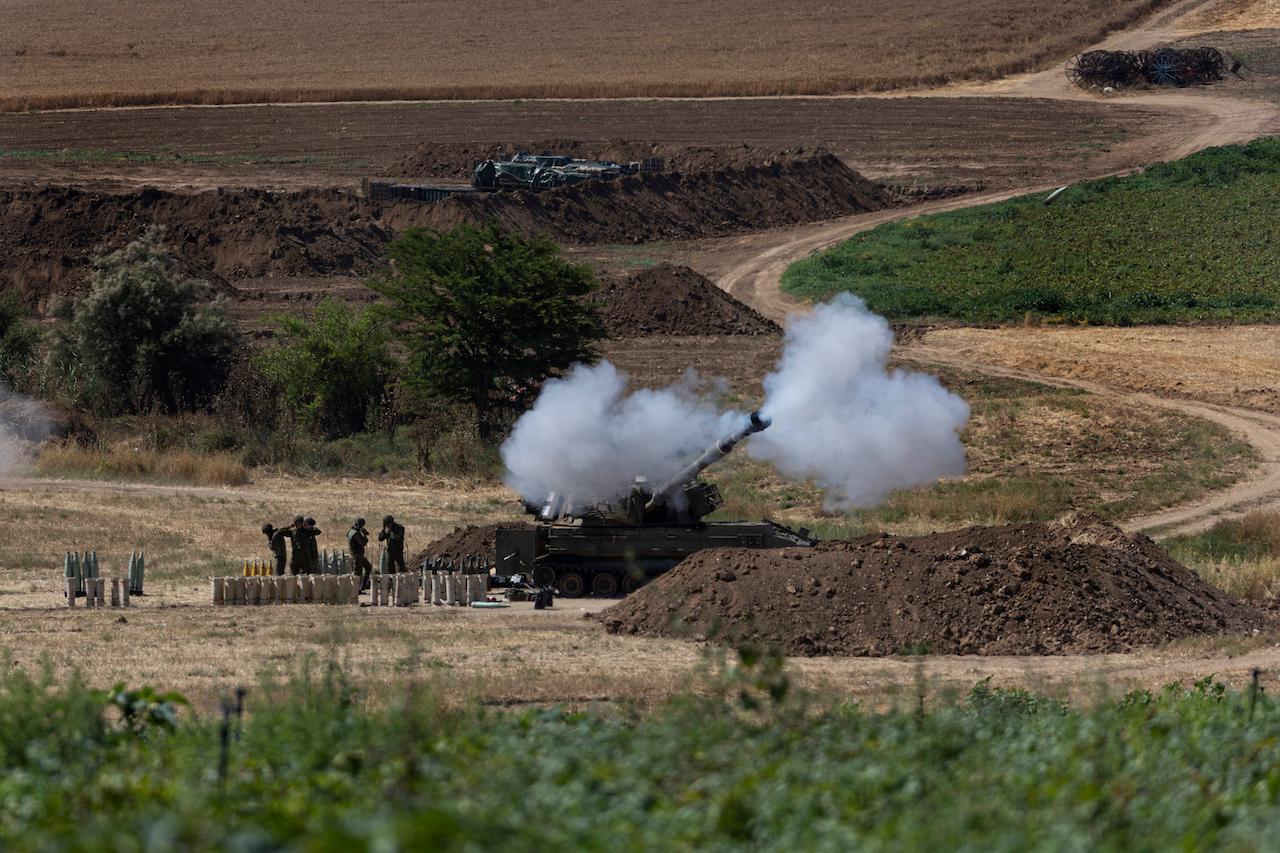Biden administration approves sale of US$735 million in weapons to Israel
Washington is finding itself in a difficult position, selling vast quantities of sophisticated arms while Biden attempts to make human rights a pillar of his foreign policy.
Just In
US President Joe Biden’s administration has approved the sale of US$735 million in precision-guided weapons to Israel, sources familiar with the move said on Monday.
US lawmakers were informed of the sale a week before violence erupted between Israeli forces and Hamas militants, a senior congressional source confirmed to Al Arabiya English.
The Washington Post, which first reported the sale, quoted an unnamed lawmaker criticising the move: “Allowing this proposed sale of smart bombs to go through without putting pressure on Israel to agree to a cease-fire will only enable further carnage.”
Washington is finding itself in a difficult position, selling vast quantities of sophisticated arms while Biden attempts to make human rights a pillar of his foreign policy.
Israel, which must always have military superiority in the region according to US law, has so far succeeded in pushing the US to block UN Security Council statements on the continuing violence in Gaza.
The latest weapons sale drew criticism from the Democratic party, while Republican officials have demanded Biden help replenish Israel’s so-called Iron Dome missiles.
US lawmakers have reportedly questioned the proposed sale, and suggested it could be used as leverage, the Washington Post added.
Once Congress is officially notified of the sale, lawmakers will have 20 days to object to the deal with a nonbinding resolution of disapproval, according to the Washington Post.
As for the rockets Hamas has been firing into Israel, most analysts say that they use technology from the last major flare-up between Israel and Hamas in 2014.
In mid-May, Hamas military spokesman Abu Ubaidah announced that the group had used a new rocket called “Ayyash 250” to strike near Tel Aviv. The rocket has a range of more than 250km, according to Hamas.
Estimates of the size of Hamas’s stockpile vary. Michael Herzog, a retired general in the Israel Defense Forces, estimated that the group could have 8,000 to 10,000 projectiles.
Most are probably short-range rockets capable of traveling only six to 12 miles from the border, Herzog said, but “a sizable portion” of Hamas’s weapons store consists of longer-range rockets able to reach major population centers throughout Israel.
Hamas has acquired some from abroad, including from Iran and Syria, but the group is now capable of producing rockets domestically with ranges of around 150km, technically putting much of Israel within range.
Although militants used to smuggle weapons across the Egyptian border, that route has virtually been sealed off since Egypt cracked down on the practice.
The group now produces the bulk of its weapons at facilities in Gaza using homemade and smuggled materials, and know-how transmitted from Iran and Lebanese militant group Hezbollah.
Subscribe to our newsletter
To be updated with all the latest news and analyses daily.
